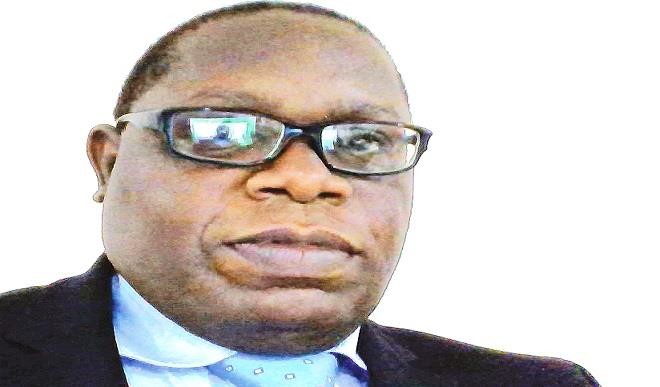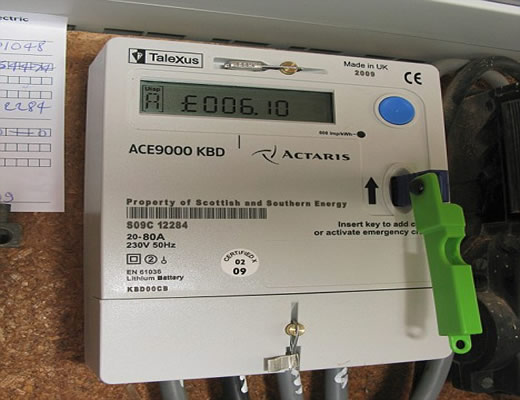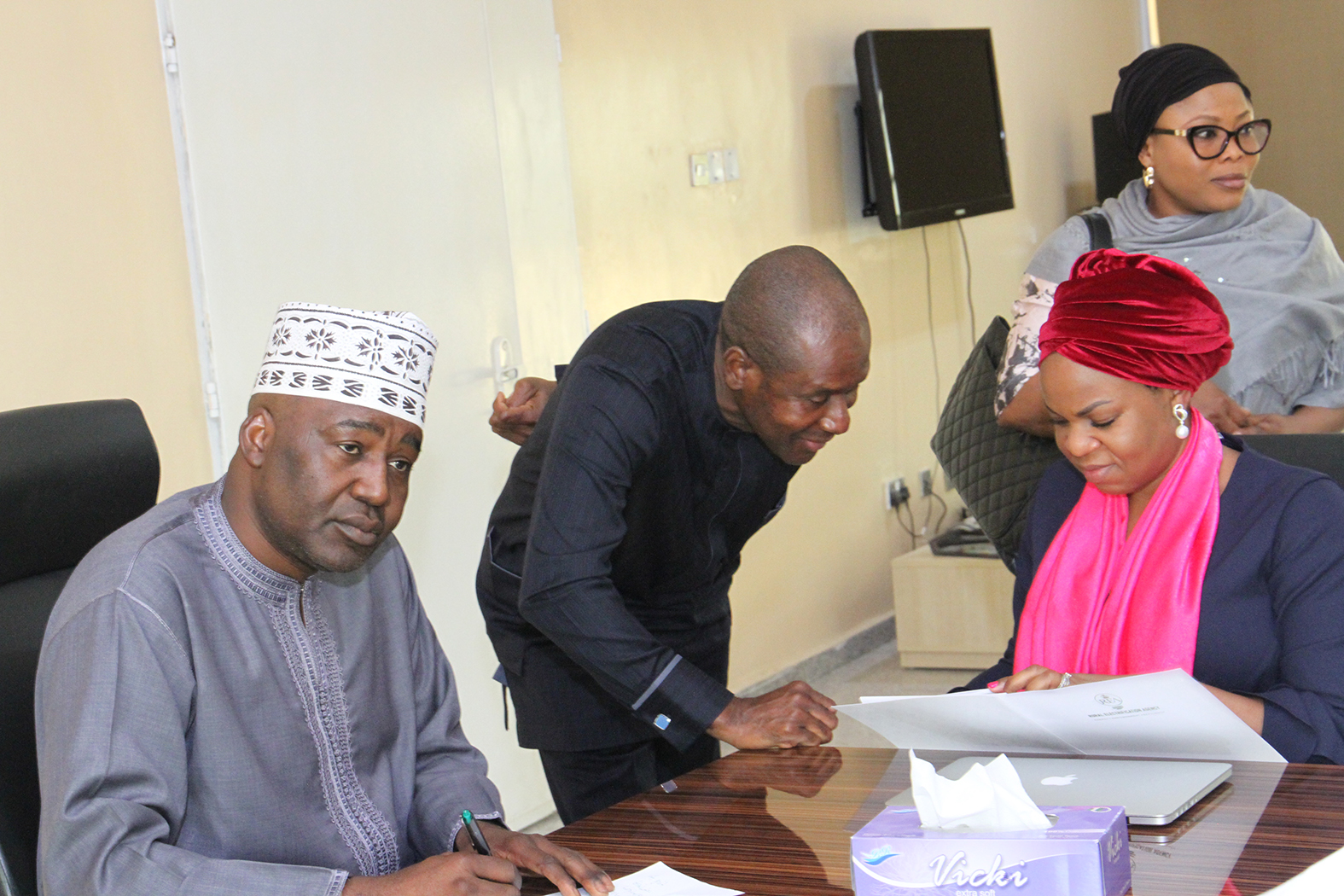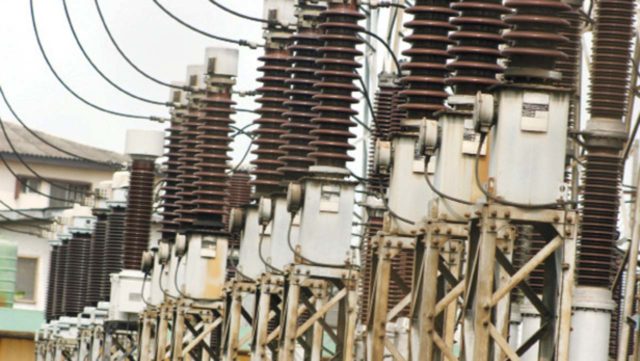Emmanuel Katepa is the Chief Executive Officer/Managing Director of Copperbelt Energy Corporation (CEC), a core investor in the privatised Abuja Electricity Distribution Company (AEDC). In this interview, Katepa speaks of AEDC’s strategies to raise monthly remittances for bulk energy from the Generation Companies (GenCos) from 35 per cent to 60 per cent before year end. Excerpts
Could you tell us the performance of AEDC in recent times?
We have had a fairly interesting year but it has been challenging and the challenges are both internal and external. In terms of broad figures, the last time we talked, we were probably on a monthly collection of about N4.5 billion but since then, that has steadily improved to a point where last month we were at N5.99bn. Partially that is due to the improved energy and also, our Aggregate Technical, Commercial and Collection (ATC&C) loss levels have been coming down and so, like last month, we were below 40 per cent on ATC&C. These are fairly solid operational improvements.
What has been the challenge of the distribution firm?
One of the challenges, however, is the fact that because our bulk tariff is dollar indexed, we have a situation where our bill to the market has been going up. Like last month we paid about N3bn. Even though that is going up, as a percentage of the invoice received from the Nigerian Bulk Electricity Trading Plc (NBET), we are not really improving. We are more less still at about 35 to 40 per cent payment of our bill.
Internally, we are challenging ourselves to hit between 55 and 60 per cent of the invoice from NBET by year end. The issue is that whatever else we are pushing for, the unpaid component of the bill is a very major drag on our balance sheet.
The effective interest rate on that has been nearly 30 per cent, so the interest alone is the second or third largest item on our liability sheet. It makes the business impossible, so we need to reduce it. That is why we are pushing to get that number up.
How has the metering plan of the DisCo fared since 2017?
On the metering front, we put up some 90,000 meters and that was on top of the 30,000 meters that we did at the end of 2016, and we are doing another 30,000 meters right now. All of these are being looked at now in the context of the Meter Asset Providers (MAP) regulation.
At the time the MAP regulation was announced, we had just gone through a procurement process which we had engaged PWC to run for us for transparency sake for 400,000 meters. This is a complete Small Power Users (SPU) mass metering project that should be a two-year contract. But after the regulation came up, we took our work to the Nigerian Electricity Regulatory Commission (NERC) so they could review it; whether it could be acceptable under the new rules. They have given us some feedback and we have to go back a little to fit our procurement process into the rules.
What are your strategies for boosting revenue collection and tackling energy theft?
The issue, for me, is a system where there is a benefit for the network to self-police. At the moment, if I have a neighbourhood where my collection is less than 50 per cent, and I contract the vigilante group in the community and say if you give me 80 per cent, keep the rest; it is still an improvement for me and the community will have some benefit for policing the network. I am willing to give up something in order to engage the community. This is an arrangement that could be two or three years and by then everybody is used to paying their bills.
We did a pilot in Gishiri community in Abuja where the network was in a very bad state and the Nigerian Electricity Management Services Agency (NEMSA) declared that we could no longer keep supplying that community. So we took it as a special project and cleaned it up and put in meters and engaged with the community. From the report I got in March, we have gone up to 80 per cent collection level and this was the place where we were getting about 30 per cent in the past. It involves a lot of community engagement and they were involved in the planning of the new line and there was a sense of ownership.
On revenue collection, what are your biggest challenges so far?
My biggest losses come from customers where in my record they are properly metered but the meter is defective or so. There is also plain stealing of electricity by people that connect illegally to our network. Those are the two major challenges because they are blind spots. If I look at some places in terms of performance, they perform badly in my record but if I look at other places that tend to be metered like Wuse in Abuja, it is what is killing me. This absolutely has to do with a person’s view about the utility. They feel it is government and that they should be given power free. A lot of these people who bypass meter or so would be fairly honourable people who would not steal a sweet from a superstore.
While you plan to step up your remittance, what other expectations do you have?
That is, in a way, the apex target because in order to do that, we will have to improve our ATC&C; we would have to improve our ability to engage with our customers, and we may need to segment our customer requirements so we can serve them a bit more appropriately. We are looking at the ability to intelligently manage the network and improve on our use of technology. We have seen what communication technology has done for Africa.
There are many things happening in power technology, like battery systems and solar technology. We have set up a team to investigate the aspects of these that we can begin to improve on. For example, most hotels do not want the place to go dark even if power goes off for just five minutes, so they tend to run their generators 100 per cent in the night even when they have grid supply.
We believe the battery technology advances can be partial solution for such. There are big two megawatts power batteries that are utility sized now which we believe we should look very carefully at their commercial viability. If I am replacing a person’s diesel with that, I have to be sure I can compete favourably.
With our weather, we can have that person put up a few solar panels and have 24-hour power and we will reduce his bill. We are in the process of developing an utility of the future; it is something that will leapfrog beyond what we have in the West because they do not have the problems that we have and that is why the cell phone and mobile internet thrived – we leapfrogged.
What are the investors’ expectations from policymakers and regulators of the sector?
There is the perspective of the investors, and this is especially identified in the loans that the investors have taken. Those loans were based on the expectations of the business sense; they were based on the Nigerian economy and the Nigerian power sector. Even as we go through all the reforms and regulations, it is best to have that investors’ perspective recognised as well and improve on it. There is need for consultations, and some interventions with the banks that will address the needs of the investors.
The whole thing in the sector is keeping a balance of the business, so everyone should play his part. Consultation is very important; we are aware that the front end and customer needs are key. But even as that is being addressed, you also have to address the needs of the investors and the market.
Source: Daily Trust






